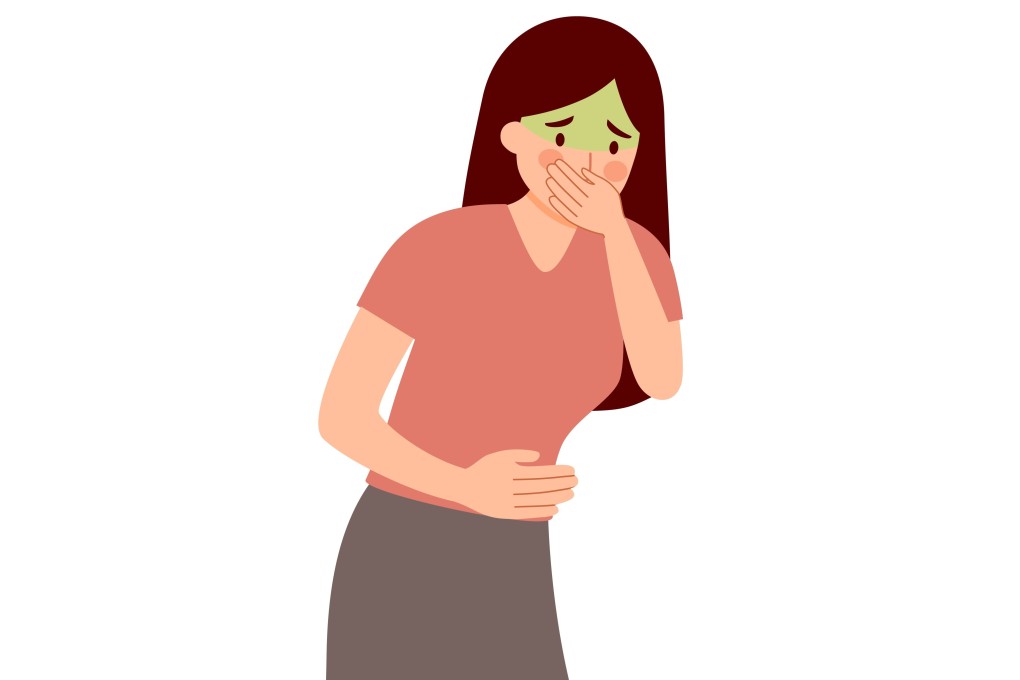
Hong Kong education officials warn against high-risk foods on mainland China trips
Education Bureau advised schools to avoid raw and cold food, seafood after more than 100 students came down with gastroenteritis on exchange tours





Difficulty: Summiteer (Level 3)
Hong Kong education officials have recommended that schools stop serving higher-risk foods to students on mainland China study trips.
The advice followed various incidents in which more than 100 students and teachers fell ill with gastroenteritis while on study tours to the mainland. Gastroenteritis is an illness that can cause diarrhoea and vomiting.
“Schools should avoid providing higher-risk food such as raw and cold food, siu mei and shellfish seafood when organising student exchange activities on the mainland,” a notice on an online platform said.
The notice was posted on the “Passing on the Torch” platform for government-run education exchange programmes.
It also mentioned that the Education Bureau had asked trip contractors to stop providing certain foods.
Education Minister Christine Choi Yuk-lin said the bureau is taking the outbreak seriously.
They held a special meeting with representatives from different organising parties, asking them to take the steps needed to keep pupils safe.
Choi urged schools to prioritise student safety during exchange tours and implement preventive health measures.
Quiz time
-
Why are Hong Kong education officials talking about the food served during trips to mainland China?
-
What are symptoms of gastroenteritis?
-
What foods do officials consider “higher-risk”?
-
What does Hong Kong’s education minister want schools to do?

Suggested answers
-
because more than 100 students and teachers fell ill thanks to the food served on study tours
-
diarrhoea and vomiting
-
raw and cold food, siu mei and shellfish seafood
-
prioritise student safety during exchange tours and implement preventive health measures

